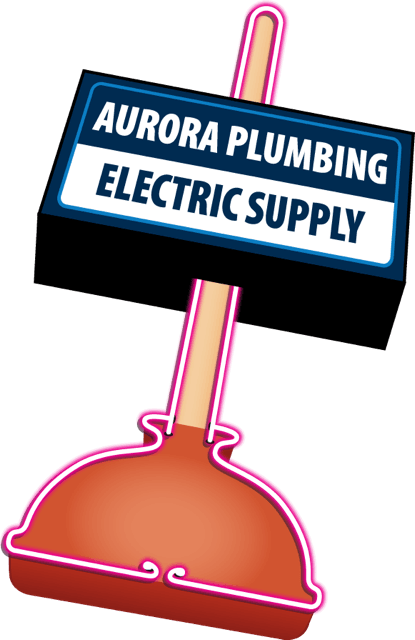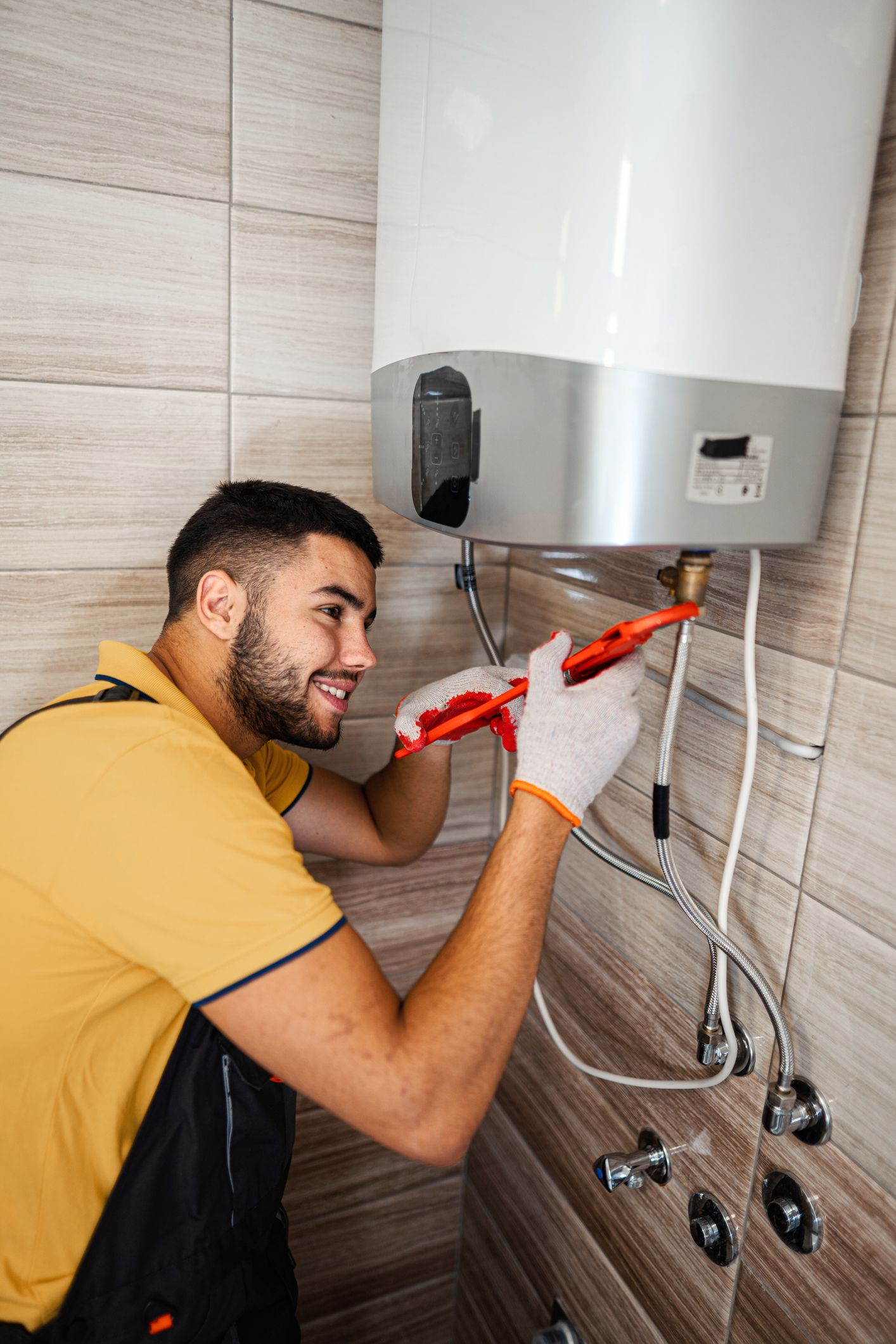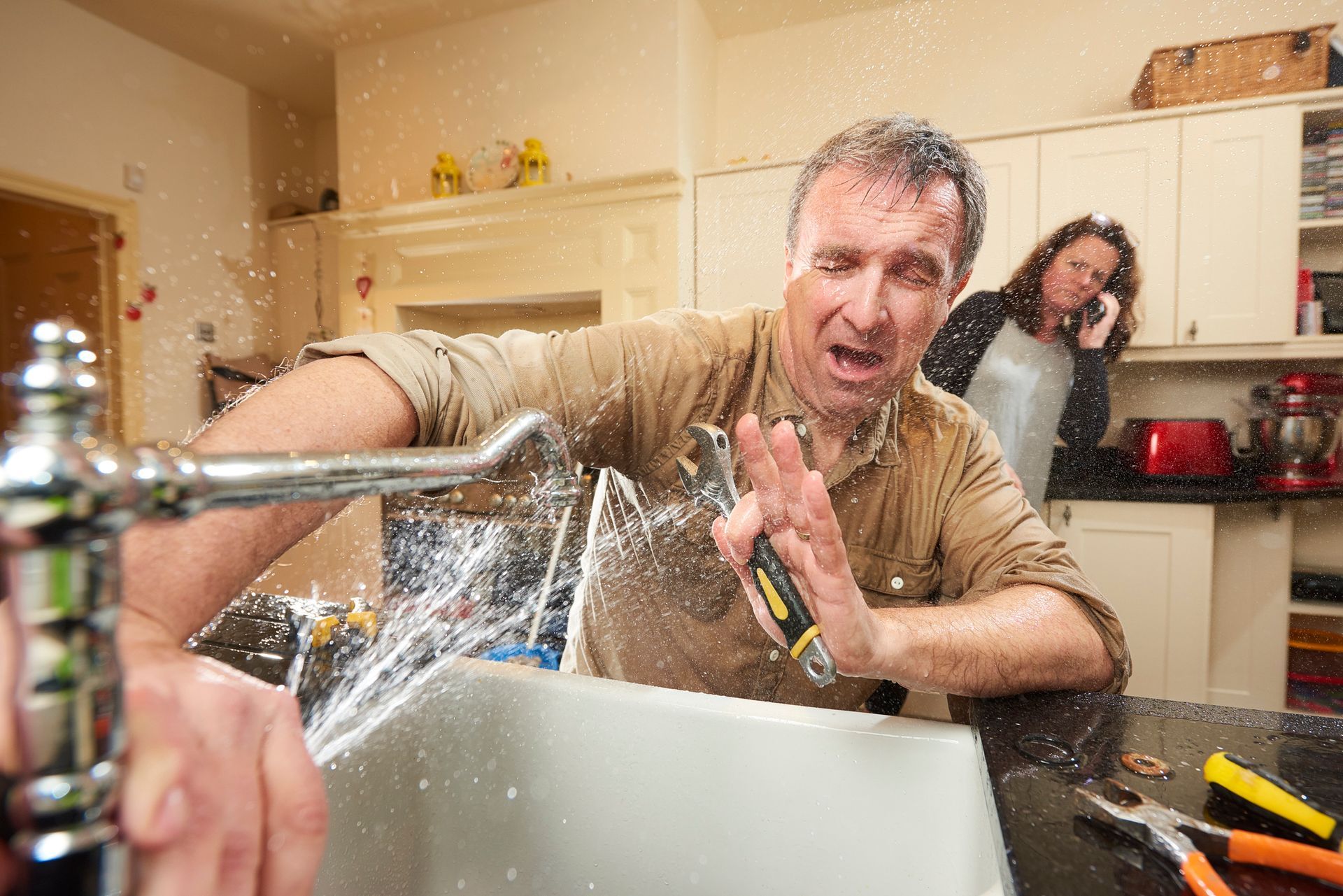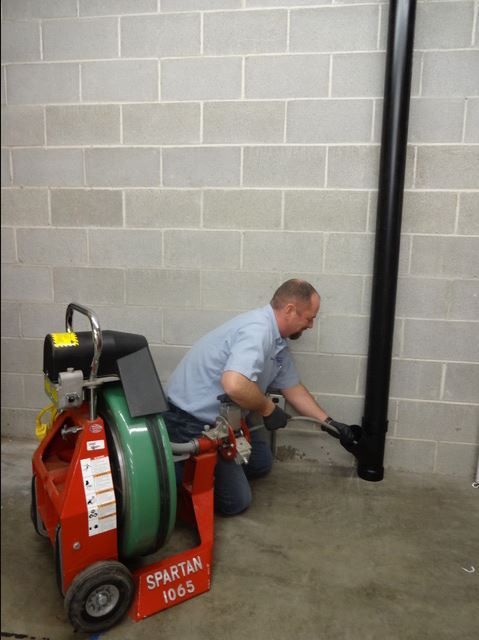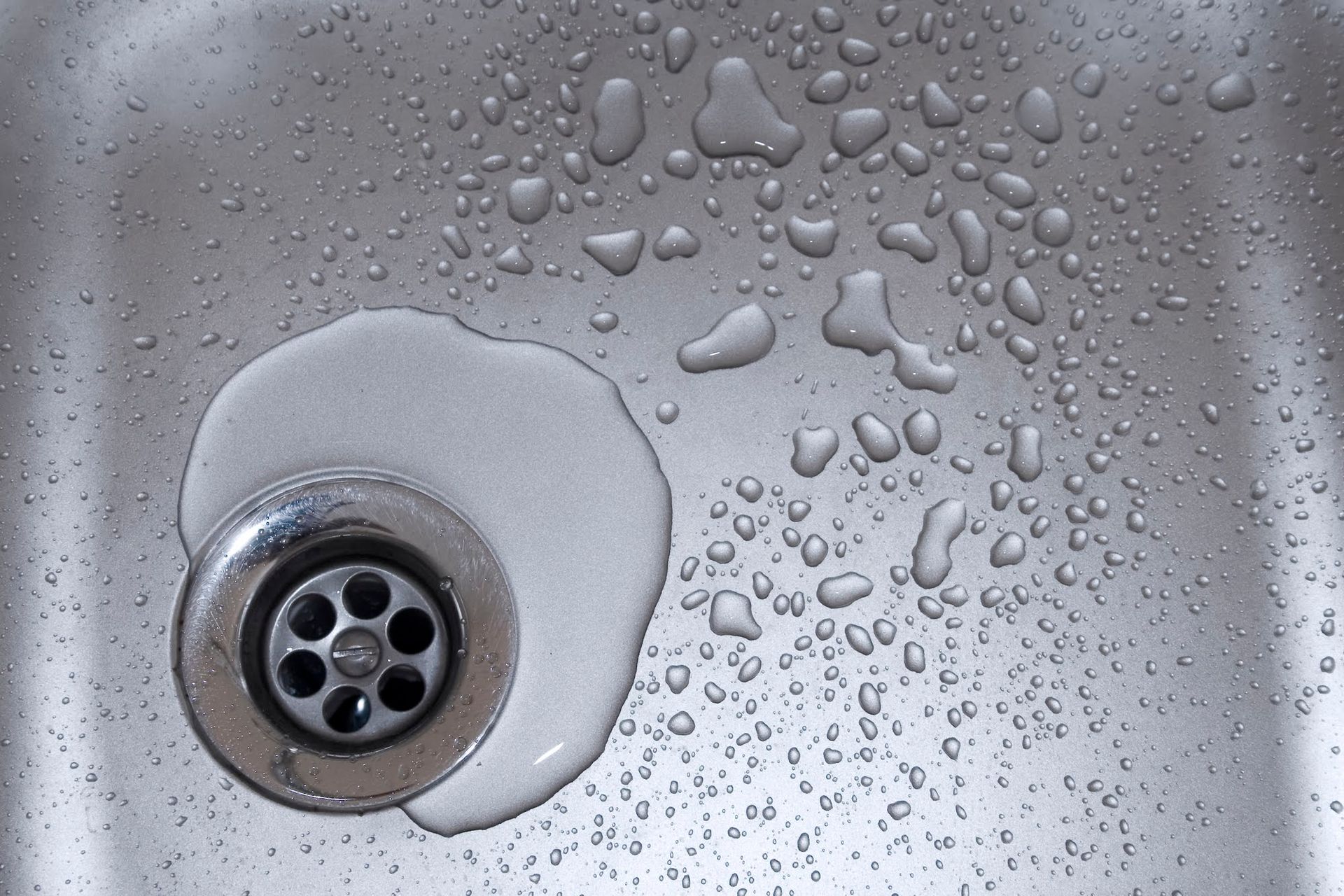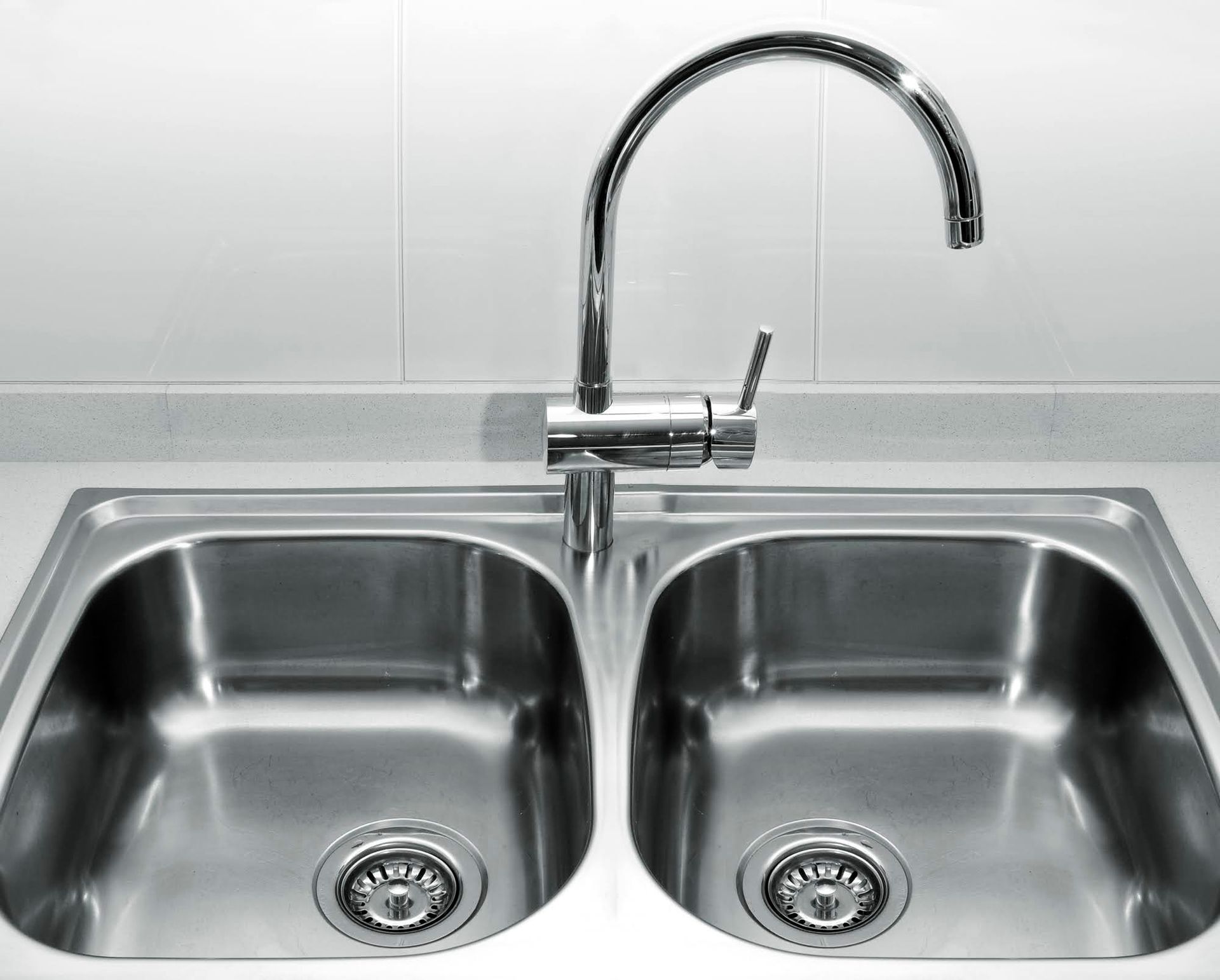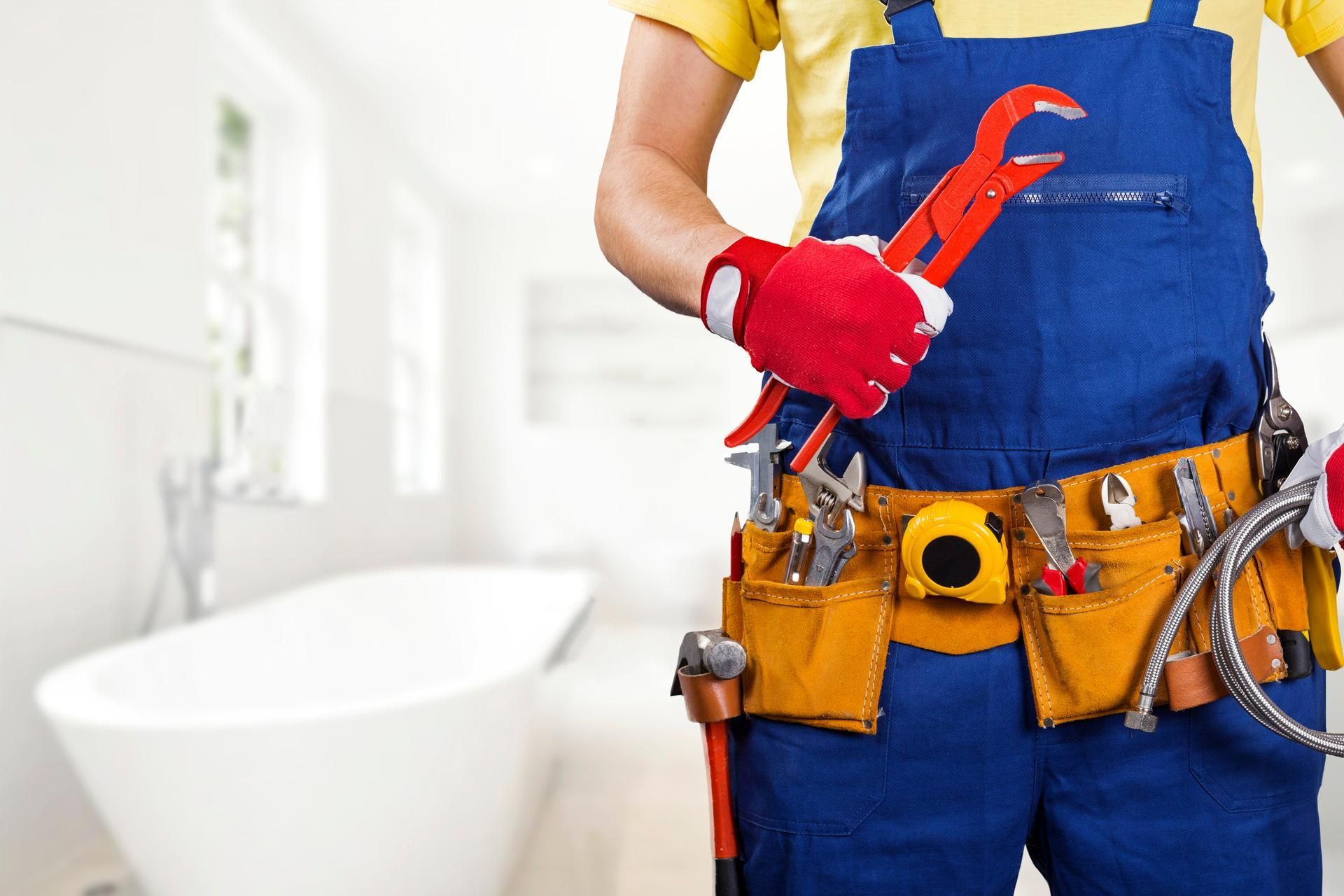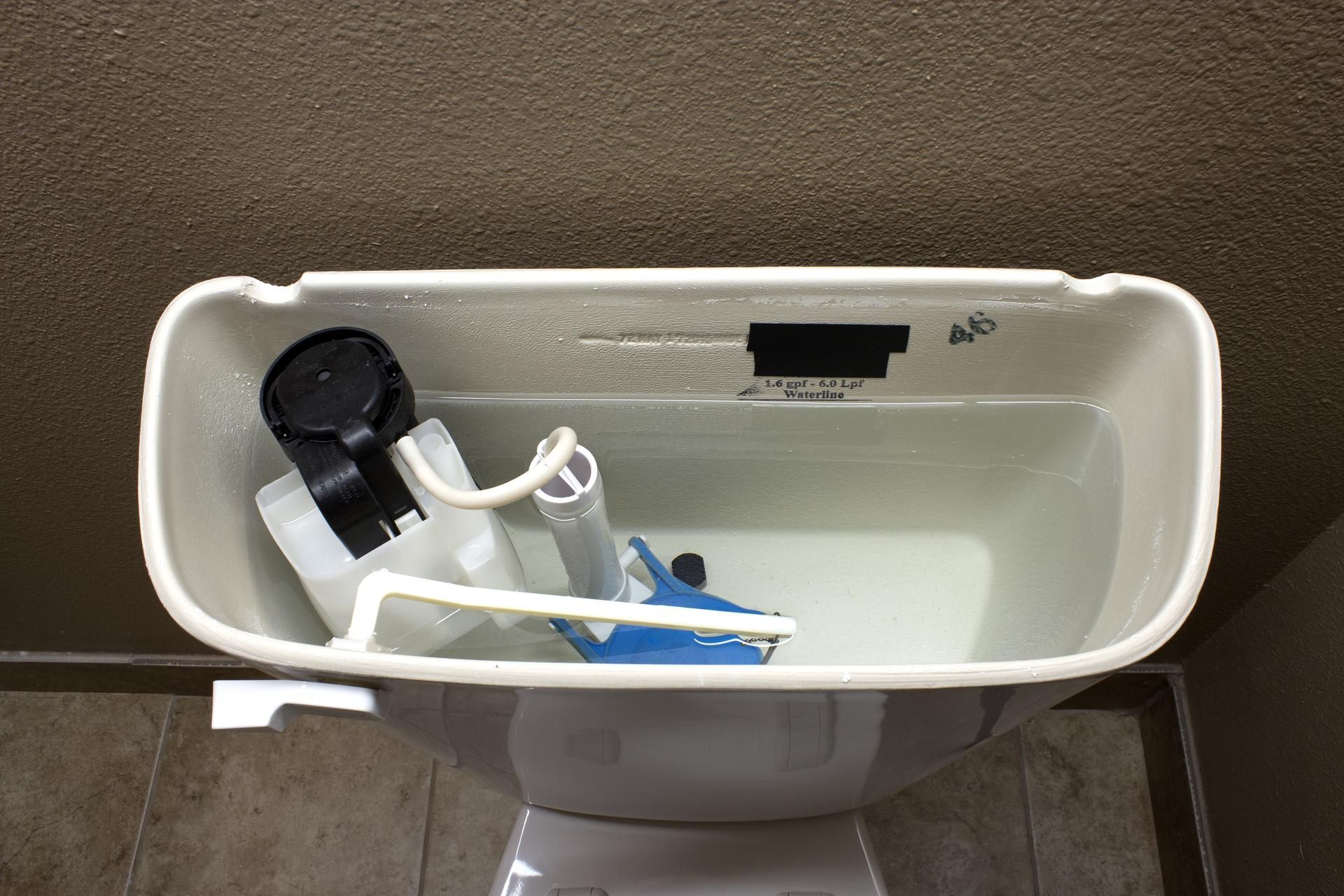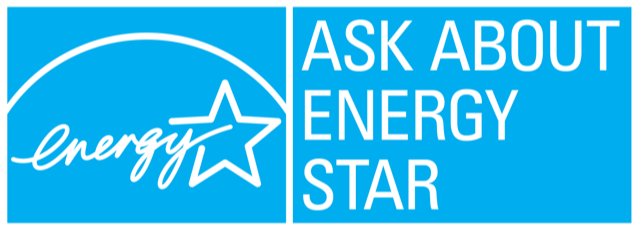An Overview of Drain Clearing Methods
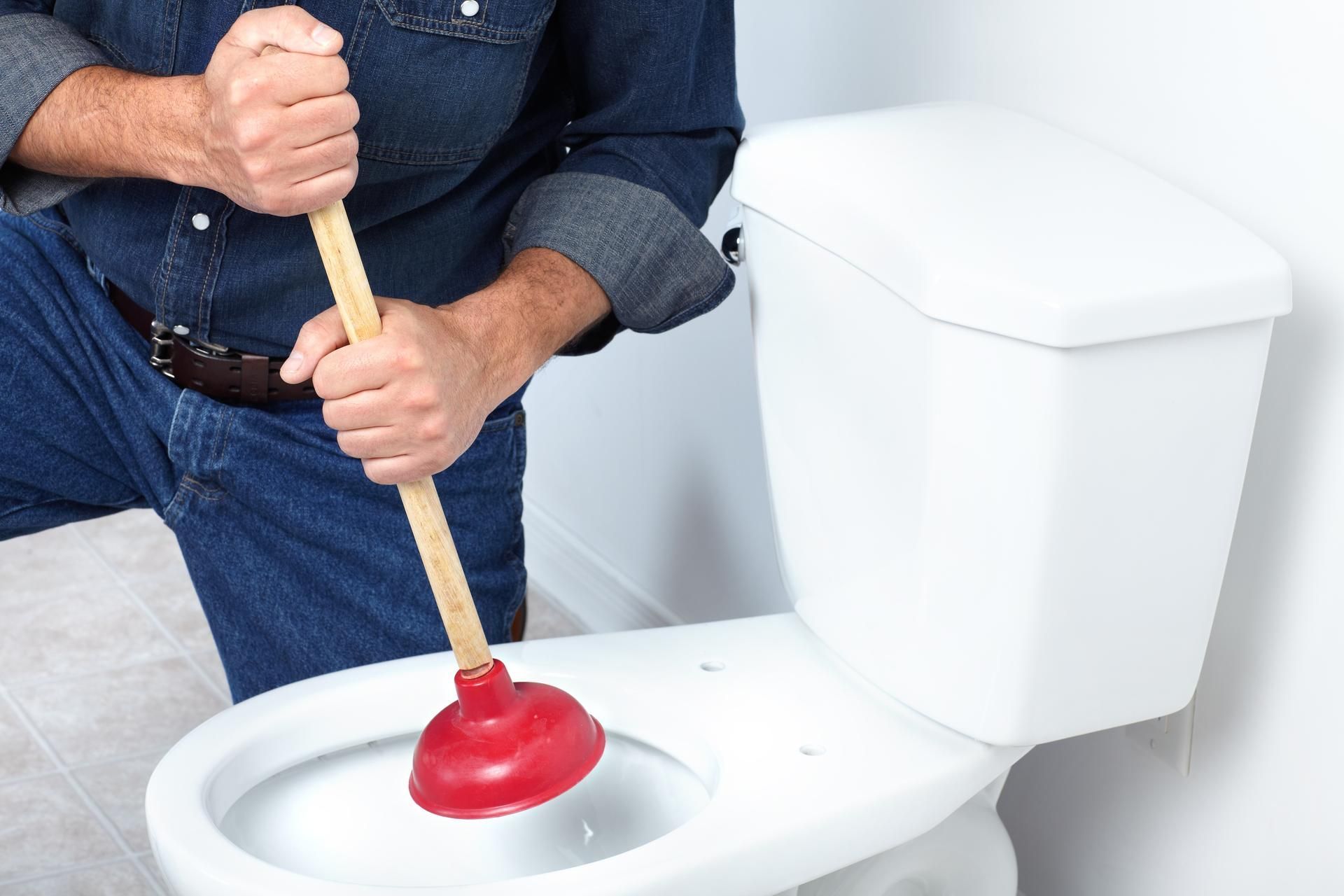
Drain blockages can lead to waste backups, make your house smelly, and attract pests. Below is an overview of drain cleaning tools and techniques to avoid such complications.
Hot Water Concoction
A mixture of hot water, baking soda, and vinegar will sometimes work on minor drain clogs. People use different variations of this method. Here is one to try:
- Pour hot water down the drain. NOTE: This method should never be used in a toilet, as it may break the china bowl!
- Pour a solution of equal parts vinegar and baking soda.
- Cover the drain and let it sit for a few minutes.
- Pour hot water down the drain again.
This method works because vinegar is acidic and baking soda is a base. A mixture of the two sets off a reaction that releases gas bubbles. The gas bubbles and water well up and travel through the drain, breaking up the debris. Since the concoction only works with minor clogs, use it regularly to clear the drains and prevent serious clogging.
Plunger
The plunger is a classic drain-clearing tool for most households. You need a plunger with a cup big enough to cover the drain opening. To use the plunger, place the cup over the opening and pour water around the cup. The water prevents more air from entering the drain. Some of the water also enters the drain and helps in clearing it.
Push the plunger down so its hydraulic action pushes the debris down. Pull the plunger up so its suction action pulls the debris up. Do the push-and-pull actions several times quickly so that the up-and-down movements break it up. Flush the drain afterward to wash away the disintegrated debris.
Snaking
Snaking a drain involves using a flexible cable that is housed in a drum that is turned either by hand, or by motor. The cable is inserted into the drain and pushed down the line as it is turning. The end of the cable will have a 'head' that is suited to the type of drain line in which it is being used.
It is important to use the right cable for the drain you want to unclog. For example, some heavy-duty cables can damage your drain lines. Or, a cable that is too large and inflexible in too small of a drain pipe can get stuck, causing the need to cut and replace that section of drain line. If in doubt, let our experienced technicians at Aurora Plumbing do the unclogging.
Drain Chemicals
The use chemical drain cleaners to clear blockages should be a last resort, as they can cause much damage in some cases. The caustic or acidic chemicals dissolve and disintegrate the debris. After that, the debris becomes easier to wash down the drain. Chemical drain cleaners mostly work on organic or small debris likely to dissolve, such as food particles or hair.
Chemical drain cleaners might work, but you should be careful and avoid using them regularly. For one, the chemicals contaminate the environment. The drain cleaning chemicals can also damage your drainpipes.
Air Burst
Air burst drain cleaning uses pressurized gas to clear drains by sending a strong burst of pressurized gas, such as air, carbon dioxide, or other gases, into the drain.
In some cases, the debris clears almost immediately upon the air burst's action. The method can also clear clogs deep into the drain because pressurized gas can travel the full length of the drain.
However, the configuration of the particular drain line you are trying to clear can make air-bursting unsuccessful.
Hydro Jetting
Lastly, professional plumbers, when possible, prefer to use hydro jetting equipment to clear blocked drains. A hydro jet works by sending an extremely high pressure hose with a specialized pressure nozzle down the drain line which scours the drain line while clearing the blockage.
Hydro jetting works well without damaging drainpipes. Like air bursting, hydro jetting can break up organic and inorganic debris. Hydro jetting has another advantage of cleaning drainpipes and preventing future blockages.
Contact Aurora Plumbing and Electric Supply for help if DIY drain cleaning efforts fail. Don't use improvised drain cleaning methods that might damage your plumbing system. We can also maintain your plumbing system to avoid future problems.

